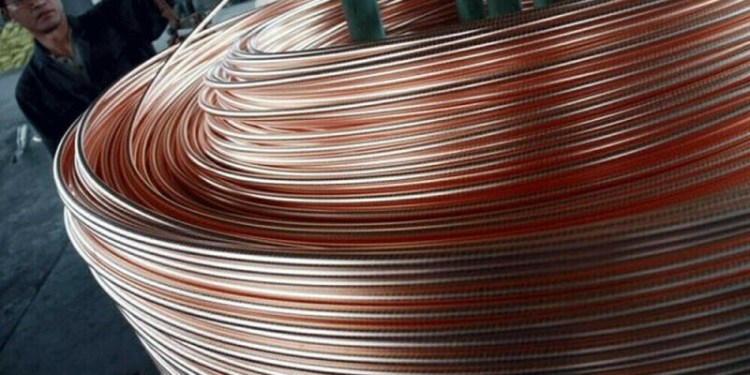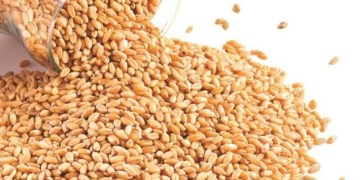Thailand’s ruling generals have revived the ousted civilian government’s plans for a big rubber stockpile sell-off in a move that could pile fresh pressure on the depressed international market.
The four month-old junta initially scrapped the proposed sale but has reversed its view because of the cost of storing the 200,000 tonne commodity surplus, a key government official said on Monday.
While some analysts say a sell-off by the world’s biggest rubber exporter might help the world market by removing uncertainty, others argue a disposal would further depress an international price that fell as much as 30 per cent this year before a modest recent rally.
“This is going to be a bad sign for the rubber price because it’s going to be more supply in the market,” said Chayo Trangadisaikul, president of the Rubber-based Industries Club at the Federation of Thai Industries.
“But, at the same time, it’s something the government needs to do. When they keep a lot of stock, they spend a lot on warehousing: it’s money that has no productivity.”
The Thai junta – whose head, Gen Prayuth Chan-ocha, was formally appointed prime minister on Monday – approved the sale because of worries about the cost of storage and the impact of the surplus on international sentiment, an official cited by Reuters news agency said.
Dumrong Jirasutas, head of the Department of Agriculture, said the stock overhang – equivalent to several weeks of exports and about 1.5 per cent of global annual rubber production – had “kept pressure on prices for such a long time”.
Benchmark Tokyo rubber futures rose in early trading on Monday but then reversed course, Tocom January rubber prices falling 1 per cent to Y200.70 per kg.
The international rubber market has been in a tailspin for more than two years because of lower than hoped for natural rubber demand in Asia and the emergence of an aggressive new producer in Vietnam.
The combination of extra output and weaker than expected industrial appetite in China and other Asian countries led to a near-halving of world prices between 2011 and 2013, according to data from the International Rubber Study Group.
The Thai rubber surplus built up during the past seven months of the elected government ousted in May as increased subsidies it offered in response to protests by rubber protesters drove excess production.
The pressure for the junta to carry through the sell-off plan was intensified by advice from technocrats that prolonged storage would cause the stock to deteriorate
Thai politicians and junta officials have also floated plans to cut the surplus by blending part of it for asphalt and using it for roadbuilding, although some analysts are sceptical about the plan.
– FT




























